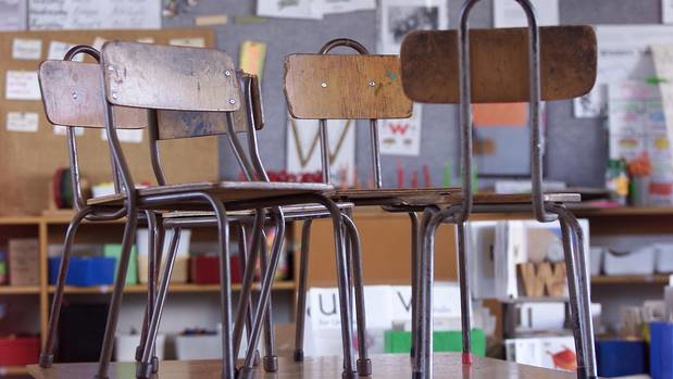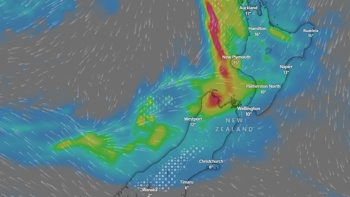
School students at an education summit are calling for schools that are more relevant to their lives - not just academic learning.
A handful of school students are among 750 people at the two-day government-sponsored summit in Christchurch, the first of two designed to kick off a "national conversation" about what sort of education system New Zealand needs over the next 30 years. The second will be in Auckland next weekend.
They say the current schools are designed for academic Pākehā students, not for more "hands-on" students or for Māori, Pasifika and other diverse groups.
"Instead of having an education system that responds to different kinds of people of different cultures and backgrounds, we need a pro-active education system that is accommodating for all different kinds of people even before they come along," said Brieze Va'a, a Year 13 student at Heretaunga College in Upper Hutt.
"At the moment students, specifically Pacific Island and Māori, are in the classroom considered to not be able to keep up as much.
"Universities such as Victoria and Otago have centres to help with that. It would be better to see things like that at high schools because there can be different learning abilities and ways that people of different abilities learn better."
Horowhenua College head boy Matt Hollows said the system worked only for a minority of students.
"It used to work for the majority but now it's diminishing because people are becoming more diverse," he said.
Hollows suggested making more use of free time so students "can really follow what they are passionate about".
Emily Schleuss of Waipoehu College, who has been an exchange student in Germany, suggested New Zealand could learn from the German system's "better transition from college for people that are not going to university".
Abby McRoberts, who finished school at Aotea College in Porirua last year and is a member of Education Minister Chris Hipkins' youth advisory group, said there needed to be a stronger link between what students learn in school and what they will need in life.
"There is a bit of a disconnect," she said.
"My experience in high school is that a lot of it is learning ideas and concepts that we then throw out of our minds. We are learning how to learn, which is important, but it's about making sure that I know life skills as well as knowing the periodic table."
Watene Campbell of Te Kura Kaupapa Māori o Ngā Mokopuna in Wellington said students needed more friendly environments. Even though his school is small, he had to sit NCEA exams in a big impersonal hall at another school.
"I feel like exams don't really measure success, they don't really show how smart the person is, it's just how well they do in exams," he said.
But Rahmat Azimi of Shirley Boys' High School, a member of the Refugee Youth Council, said he preferred end-of-year Cambridge exams rather than testing at the end of every unit of learning.
Children's Commissioner Judge Andrew Becroft, who will chair a group feeding people's views into the Government's education work streams, said he had picked up three themes from the summit so far.
"Upping the achievement rate of Māori students - there was a clear theme that education for Māori was not achieving as much success as it was for Pākehā," he said.
"And children with neurodevelopmental challenges and special needs were not being catered for.
"And the one-size-fits-all template, given the more we know about individual learning and neurodevelopment - it would be a dream that that would change in the next 10 or 20 years."
Take your Radio, Podcasts and Music with you









